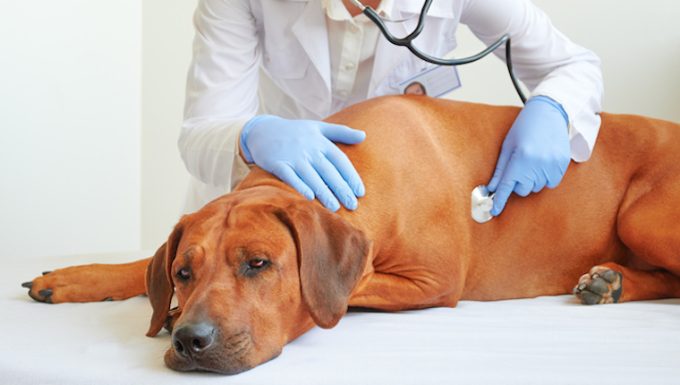Ventricular premature complexes in dogs is a condition that involves an irregular heartbeat. Additionally, it is often a sign of an underlying condition.
The condition produces symptoms that affect your dog’s breathing and energy levels.
If you see the signs of the condition in your dog, then get to a veterinarian for a proper diagnosis…









